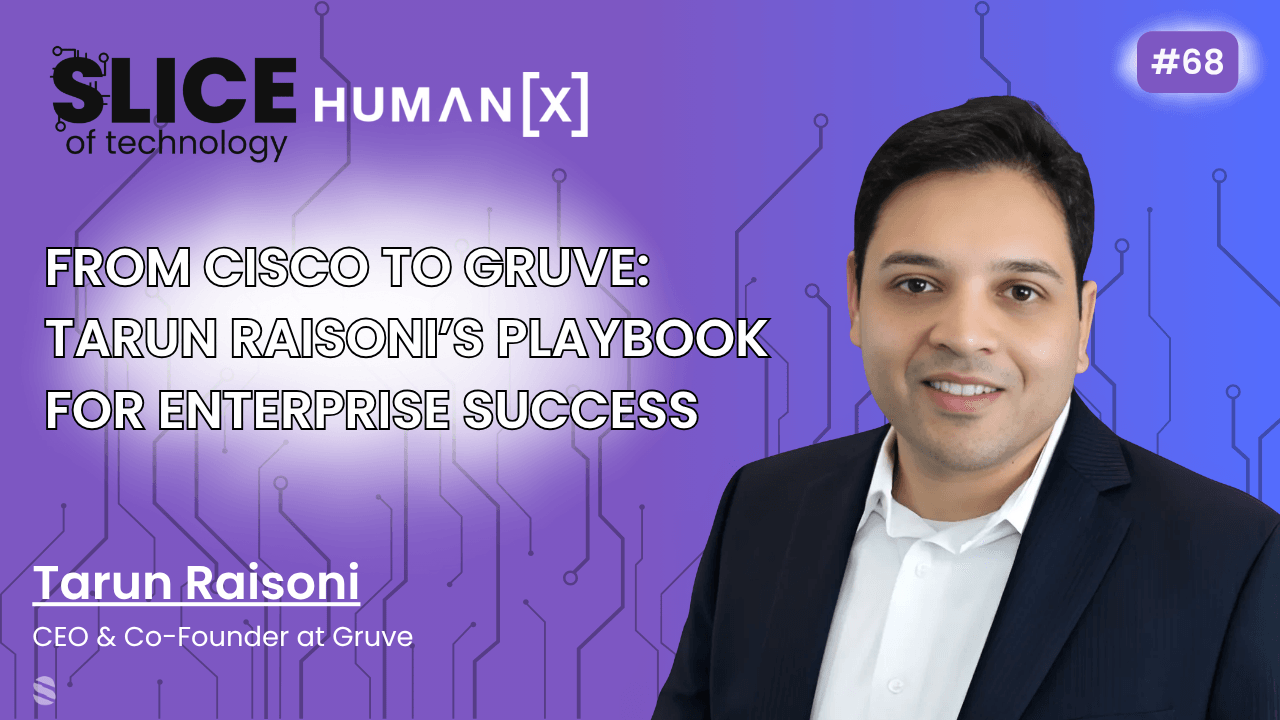Starting with a Vision and a Pandemic Pivot
Zach Rash co-founded Coco Robotics in 2020, right as the world went into lockdown. What began as a project at UCLA quickly found real-world application in Santa Monica, where contact-free delivery was suddenly in high demand—particularly among retirees. The timing, though turbulent, offered Coco a unique launchpad.
Building for Urban Complexity
Coco’s autonomous pink delivery robots are designed specifically for dense, high-traffic urban areas where traditional vehicles struggle. Operating in cities like Los Angeles, Chicago, Miami, and Helsinki, Coco focuses on short-distance trips (typically under two miles), integrating with platforms like DoorDash and Uber Eats. These compact couriers navigate sidewalks, bike lanes, and occasionally road shoulders, offering a scalable solution to the high cost and inefficiency of delivery in major cities.
AI That Learns from the Real World
Rather than leaping straight to full autonomy, Coco took a hybrid approach: start with human drivers (many of whom were recruited for their video game skills) and gather operational data. This strategy allowed them to build a real, revenue-generating business while simultaneously training their AI system using real-world complexity—from sunny LA traffic to snowy Chicago streets.
Adaptability and the Road Ahead
Coco's robots are already weather-adapted with snow tires and heated batteries, but the team is continuously exploring how to improve hardware and autonomy for extreme environments. As AI models grow more powerful and cost-effective, Coco is exploring collaborations—like one with OpenAI—to integrate cutting-edge intelligence into their robots.
Why Coco’s Method Matters
Zach emphasized that building the “boring” stuff—hardware, logistics, routing, and customer integrations—before aiming for full automation has positioned Coco uniquely. While other robotics ventures struggle with expensive prototypes, Coco operates a lean and profitable model today, primed to scale.
With demand rising, AI capabilities accelerating, and public acceptance growing thanks to pioneers like Waymo, Coco is set to lead the transformation of last-mile delivery in urban landscapes.




